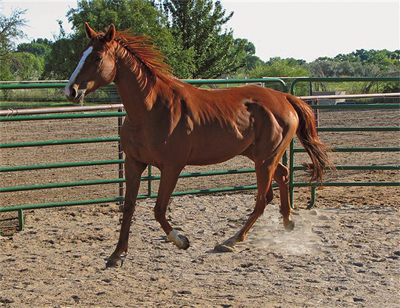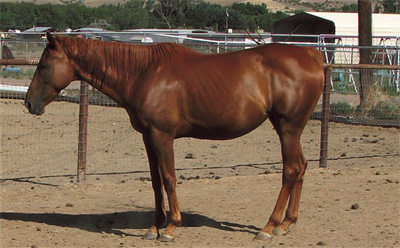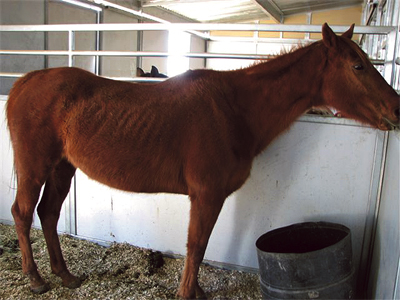News Feature: The Aftermath Of The Ny Times Horse-Racing Exposé
The Aftermath Of The Ny Times Horse-Racing Exposé


A horse named Stretch just after he arrived at Four Corners Equine Rescue
Courtesy of Debbie Coburn

Stretch is nearing the end of his rehabilitation. He will likely be put up for adoption soon.
Courtesy of Debbie Coburn

Here’s Sara today. She is available for adoption at Four Corners Equine Rescue.
Courtesy of Debbie Coburn

Sara before rehab efforts
Courtesy of Debbie Coburn




